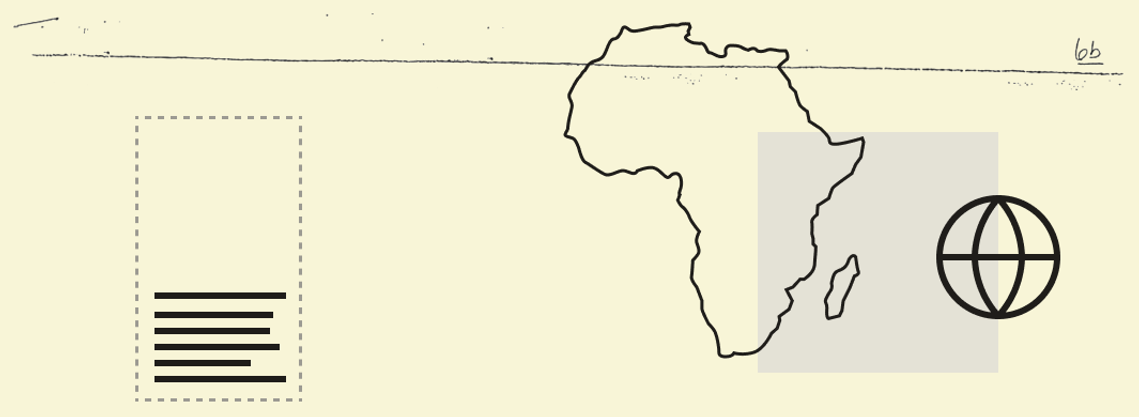 Governance Issouf Sanogo/AFP via Getty Images Issouf Sanogo/AFP via Getty Images🇨🇮 Cote d’Ivoire is set to launch a commodities exchange to be based in the commercial capital Abidjan, the West African Regional Stock Exchange chief executive said. The exchange, in the world’s largest exporter of cocoa, will initially trade kola nuts, cashew nuts and corn, with a view to later adding cocoa. 🇰🇪 Doctors in Kenya’s public hospitals are set to return to work following a 56-day nationwide strike. The government and doctors’ union signed a deal on Wednesday. 🇹🇳 Tunisia has detained a prominent activist and defender of migrant rights, local media reported. President Kais Saied accused groups that defend migrants of treason. Tech 🇳🇬 Microsoft laid off its engineering team in Nigeria, in what the company called a necessary “organizational and workforce adjustment.” 🌍 Airtel Africa reported an after-tax loss of $89 million for the full year ended March 2024, as foreign currency movements in Nigeria, Malawi, Kenya, and Zambia wiped a billion dollars off its balance sheet. 🇰🇪 Kenyan telco Safaricom reported an operating profit of 139.9 billion Kenyan shillings ($1.07 billion) for the year ended March 2024, driven by growth of its M-Pesa mobile money service. It is the first East African company to cross a billion dollars in annual earnings. 🌍 African e-commerce leader Jumia posted revenue of $48.9 million for the first three months of 2024, a 19% increase over the same period in 2023. Its operating loss reduced 71% to $8.3 million. 🇿🇦 South African telecom giant MTN will set up 100 new sites for 5G internet in the country’s Mpumalanga and Limpopo provinces. Elections  Reuters/Alet Pretorius Reuters/Alet Pretorius🇿🇦 Former South African President Jacob Zuma faces attempts to oust him from the leadership of his new uMkhonto we Sizwe party, after falling out with its founder Jabulani Khumalo. Zuma could be a kingmaker if the ANC falls short of a majority and a coalition government is required. Deals🇿🇦 Lesaka, a Nasdaq-listed financial services company, will buy digital payments provider Adumo for 1.59 billion rand ($89.5 million). Both companies are based in South Africa. 🇳🇬 American Express is introducing new dollar-denominated credit cards in Nigeria. The US payments company is offering four cards in partnership with Nigerian fintech 03 Capital. 🌍 British International Investment and Citigroup launched a $100 million trade finance fund to back businesses in Africa. 🇰🇪 Indian private equity firm Ascent Capital bought a 49% stake in Dune Packaging, a Kenyan paper packaging company, for 1.6 billion Kenyan shillings ($12 million). Geopolitics🇦🇴 Angola’s finance minister said the country had agreed with the China Development Bank, its largest single creditor, to release cash held as collateral for a $17 billion loan owed to China. 🇸🇱 🇷🇺 Russia said it plans to open an embassy in Sierra Leone before the end of this year. Moscow has been mulling cooperation on nuclear energy for Sierra Leone. Energy🇰🇪 Italian oil company Eni Kenya said it has conducted a feasibility study for a biogas project in Kenya, which would utilize waste dumped in five major landfills in the country. Biogas is one of the main sources of energy in the country. |